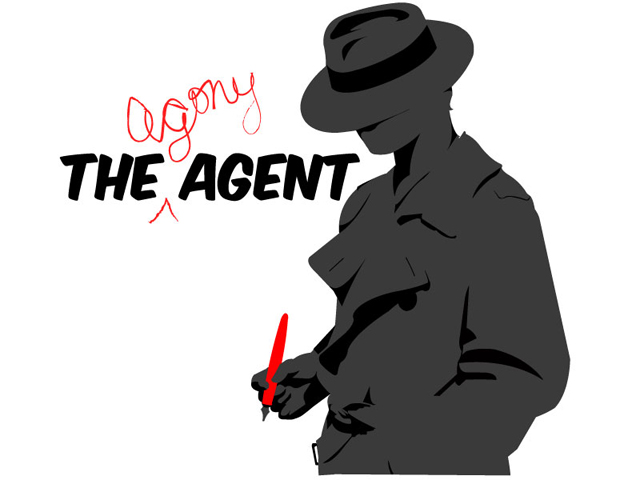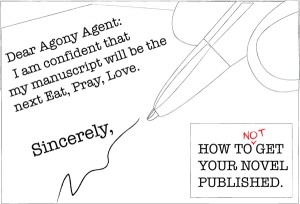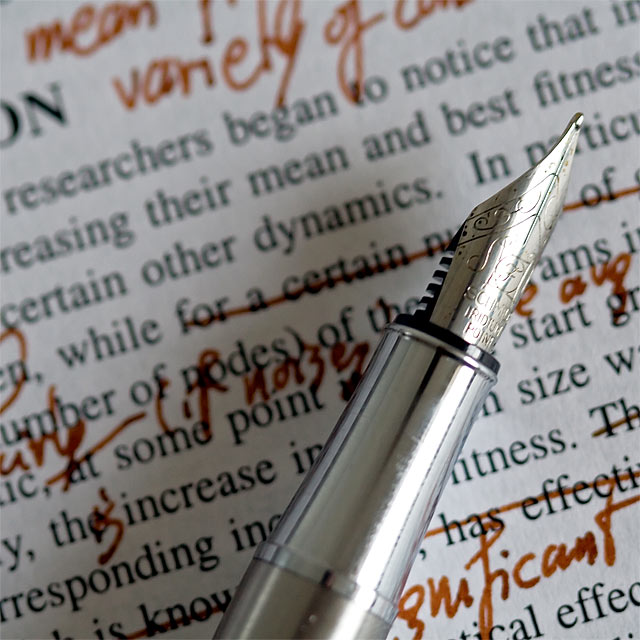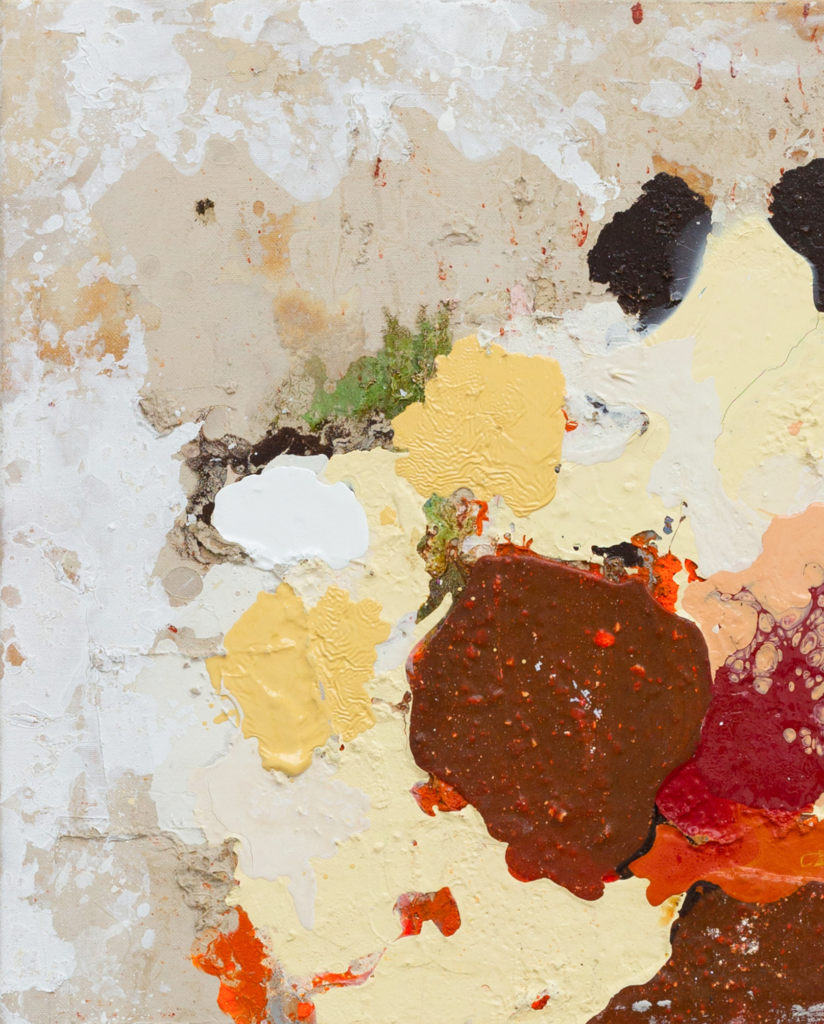Our mystery veteran agents answer your questions about the book industry.

August 16, 2012
Dear Agony Agent: What’s the best pitch you’ve ever gotten? –Not a Baseball Player
Dear Not a Baseball Player: Great pitches are like awesome desserts eaten weeks apart. It’s kind of hard to compare them unless you’re taking them in one right after the other. (I acknowledge that this is a weak metaphor, but there’s a reason I’m an agent.) But to me, the best pitches have a few things in common. The first is that they’re specific to me. In other words, they’ll reference a book I’ve represented that is similar to their own, or show that they know what I do. They also know where they fit into the market. They know that they have a young adult novel, or an upmarket women’s novel, or that they combine this author’s gritty atmosphere with that author’s flawed but sympathetic characters. They don’t hyperbolize and they never say they’re the next Eat, Pray, Love, Harry Potter, or The Da Vinci Code. They’re short—generally about three paragraphs, with a brief introduction, a brief summary, and a brief biography. And typos trigger an automatic delete.
Dear Agony Agent: Do current publishing trends influence which clients you take on? –Your Next Client
Dear Next Client: This situation—at least for fiction or memoir—is somewhat analogous to dating. Sometimes you’re smitten, and nothing—not his status as a grand wizard or her Fran Drescher laugh—will keep you away. When you absolutely love something, all the more mundane considerations go out the window. It’s when you’re on the fence that you start noticing he doesn’t look so good in white, or that she lacks an inside voice. Likewise, in publishing, that’s when you start making that mental list, and market trends and the like start tilting the balance one way or the other.

When it comes to really commercial fiction and other categories of nonfiction—narrative or prescriptive or what have you—emotion plays into it much less and market concerns do hold a lot more weight. You can look at something with a pretty cold, objective eye and say, “That’s awesome but that’s not going to sell.”
Dear Agony Agent: Will being an Asian American author help me or hurt me? –A Member of the Joy Luck Club
Dear JLC Member: Think of being an Asian American author the same way you think of yourself as an Asian American human being. If that’s all there is to you, then, yes, it certainly can hurt you. If all you’re seeing are Asian American issues—and you’re viewing things only from that perspective—then you’ll be incomplete not only as an author but as a person, and your writing (as well as the response to it) will suffer. But if you make that but one facet of yourself as a writer—if it colors your engagement with the world but doesn’t determine it—then it can only distinguish you in a good way.
That’s my rainbows and unicorns answer.
The truth is that there are only so many readers out there, and unfortunately Asian Americans don’t comprise a significant percentage of those readers. We’re busy getting spoilers for our Accords and pegging our Cavariccis. (Or was that just me in the ’80s?) Just kidding. But really, we’re depressingly underrepresented as readers, so you have to think that your average American only has so much of an appetite for Asian American narratives. If you’re writing a story that primarily has to do with the Asian American experience, well…yeah, it can hurt depending on how such narratives are doing in the market at the time. But if you’re Kazuo Ishiguro, then it doesn’t matter as much.
Have a question for Agony Agent? Send your question to submitmargins [at] gmail.com with the subject line: “Agony Agent Question Submission.”



